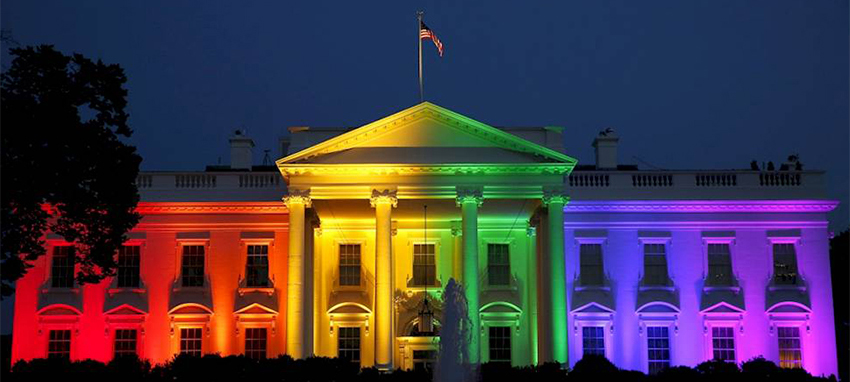It’s been ten years, almost to the day, since the United States Supreme Court handed down the Obergefell vs. Hodges decision. The ruling instituted same sex marriage across the land because it struck down all state laws specifying that marriage is the union between one man and one woman.
The opinion, written by Justice Anthony Kennedy, emphasized the good of marriage to a society, describing it as a “keystone of our social order” and “essential to our most profound hopes and aspirations.” In an article in First Things, Senior Editor Matthew Schmitz says that advocates expected that “allowing same sex marriage would strengthen marriage and reaffirm its social centrality.”
But, a decade later, the hoped-for revival of marriage has not materialized. Matthew Schmitz points out that “Americans are less likely to be married today than they were ten years ago, continuing a preexisting trend.” He says, “Far from bringing about a revival of marriage, Obergefell has been followed by its steady decline.”
The Obergefell decision did not cause this decline. But it didn’t help. Mr. Schmitz cites census data revealing that, “in 2015, 49.3 percent of adult Americans were married.” By 2023, the percentage of adult Americans who were married had dropped to 46.4 — with 1.2 million married gay couples included in that figure.
He reminds us: Obergefell was decided “in a society that was increasingly choosing single life and cohabitation over committed relationships.” The decision changed the very definition of marriage and took us further from God’s design for the family.
Ten years post-Obergefell, fewer families are forming,
In his dissent in Obergefell, Chief Justice John Roberts spoke of the sheer arrogance of the ruling, saying: “The Court invalidates the marriage laws of more than half the states and orders the transformation of a social institution that has formed the basis of human society for millennia.”
He asks — we must ask: “Just who do we think we are?” 
 Listen Online
Listen Online Watch Online
Watch Online Find a Station in Your Area
Find a Station in Your Area









 Listen Now
Listen Now Watch Online
Watch Online
